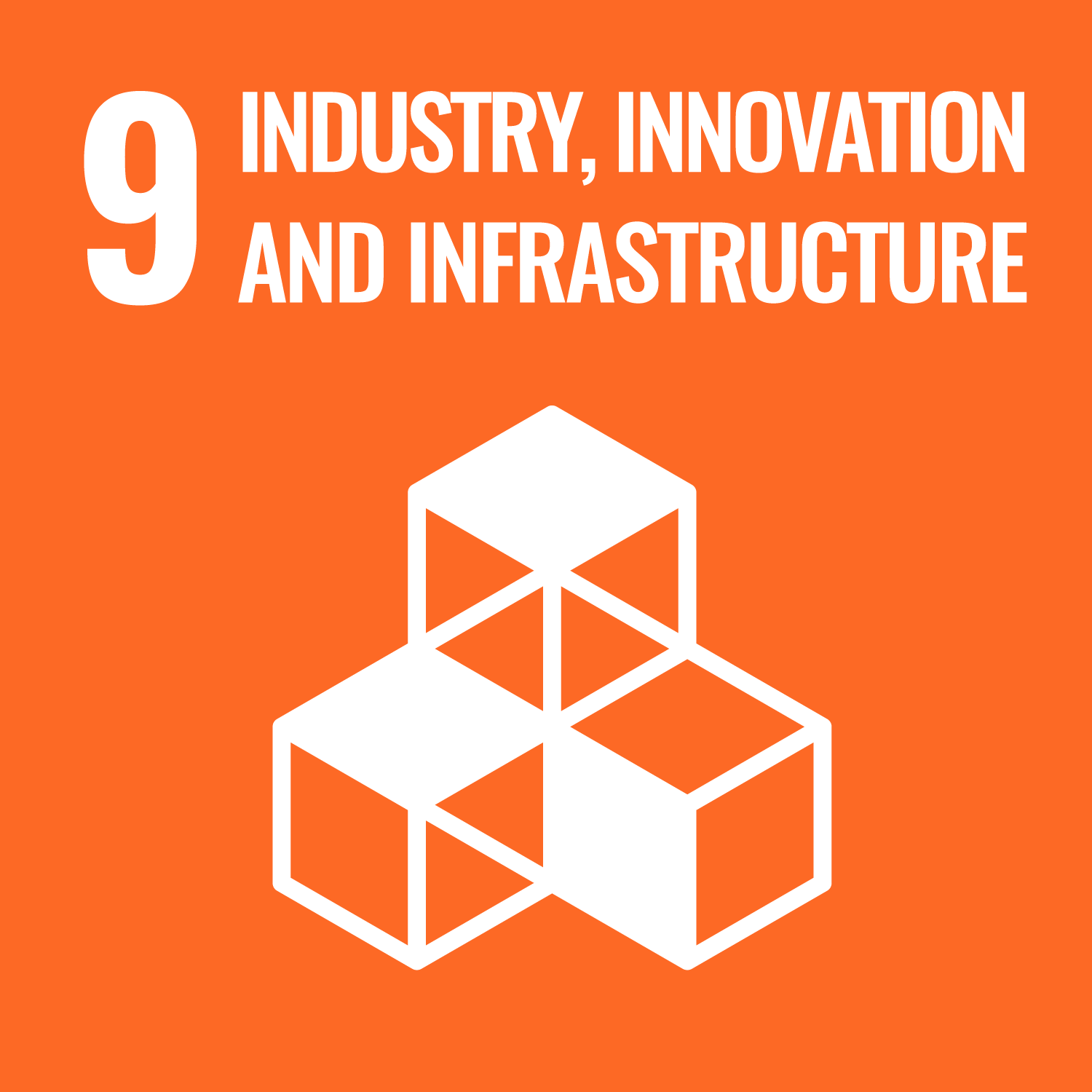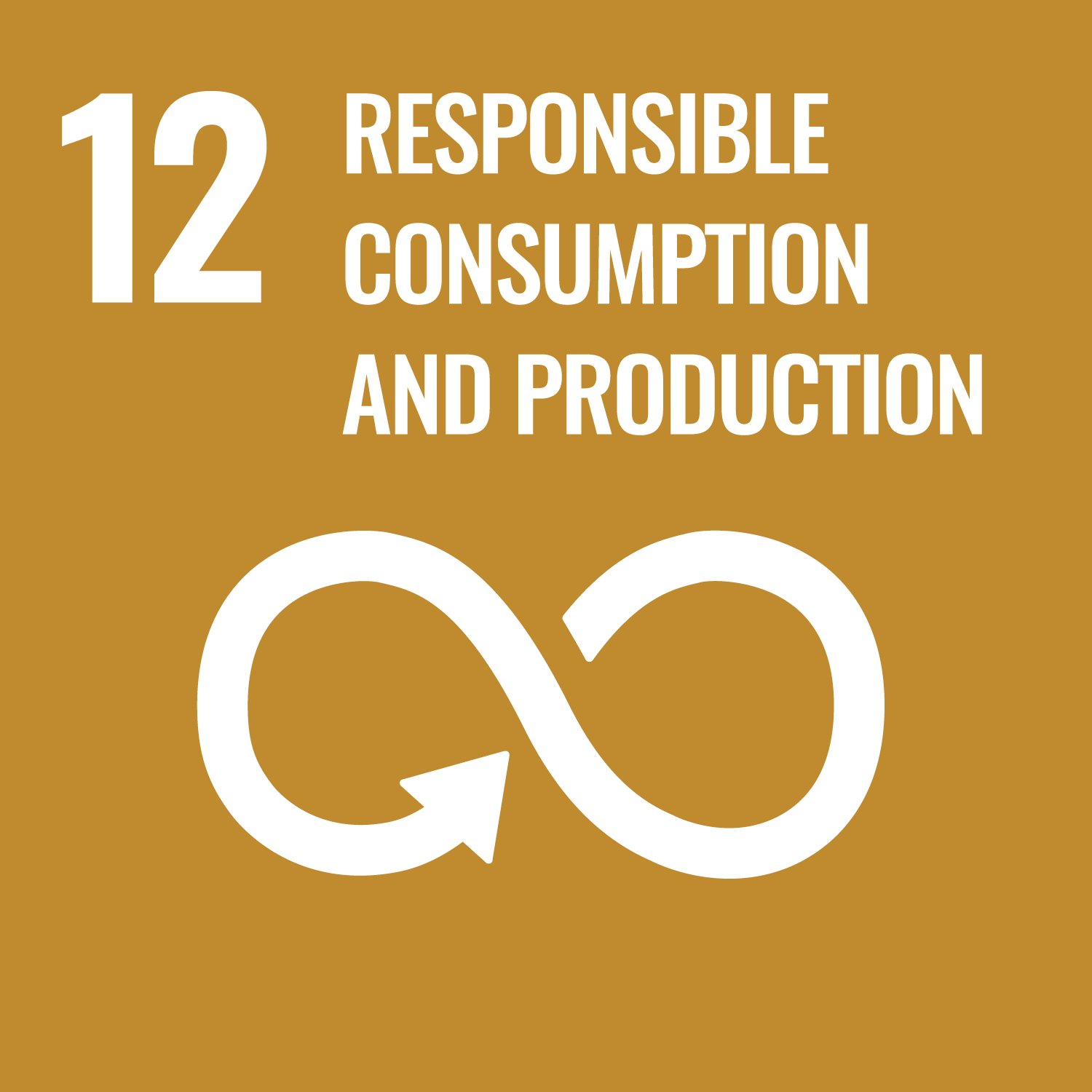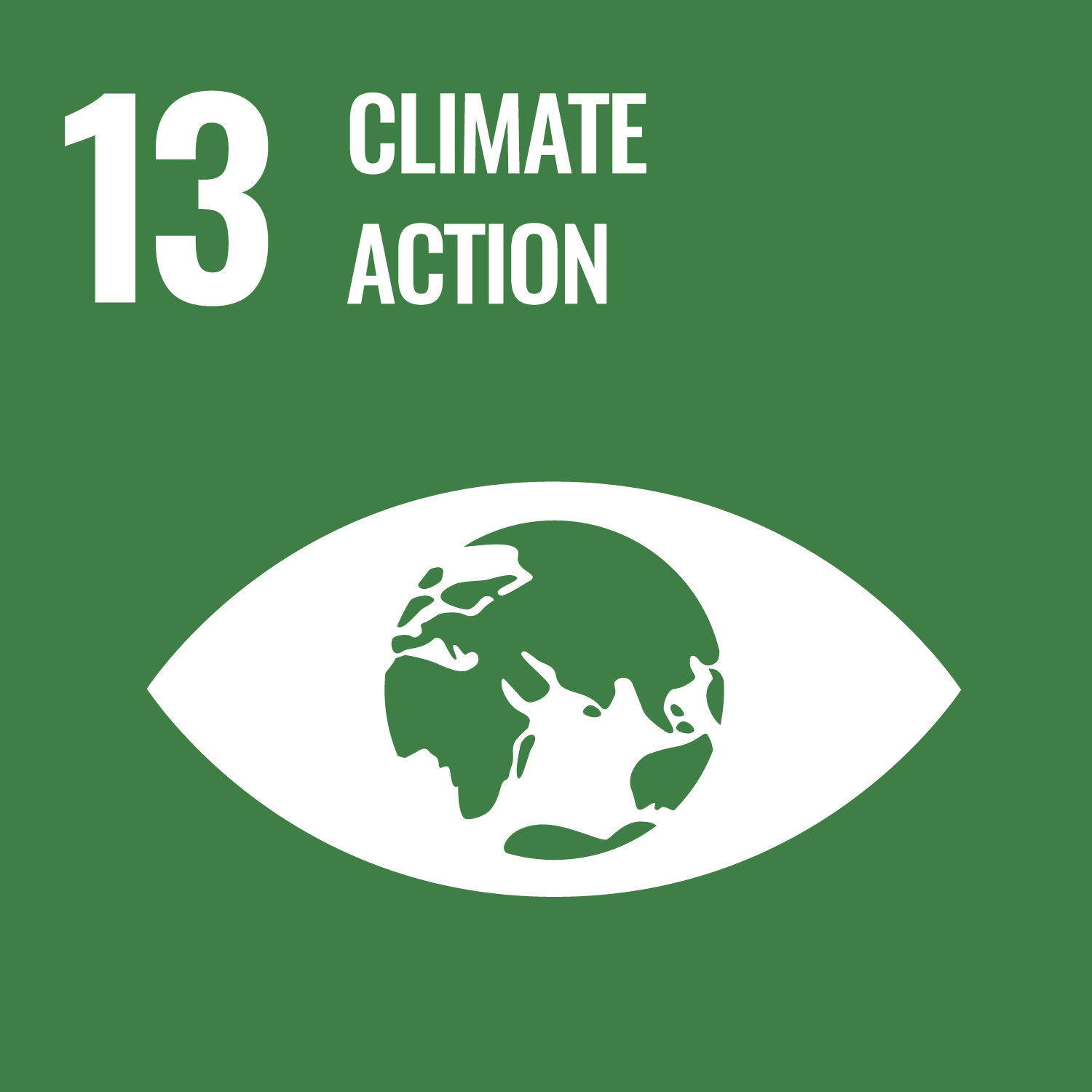Pull Finance Mechanism for Green Cement
Aligned SDGs



- Pull Finance Mechanism for Green Cement
- General overview
- Intervention
- Location
- Last data update
- Spreadsheet of data
- Pull Finance Mechanism for Green Cement
- General overview
- Intervention
- Location
- Last data update
- Spreadsheet of data
General overview
Stage of development: Early stage
Policy sectors: Environment and climate change
Delivery locations: Nigeria
Country classification: Lower-middle-income
Intervention
Social or environmental challenge
LMICs (excluding China) represent 30-40% of cement consumption, which is projected to increase rapidly as these countries experience economic and population growth. Around 90% of the global population growth occurs in ODA countries. As these countries urbanize and invest in more infrastructure, the global production of cement is projected to increase up to 5 billion tonnes in 2030, having a significant climate change impact since the cement industry contributes nearly 7-8% of the global CO2 emissions. There are alternatives available to reduce the emissions from cement. Clinker substitution is not only climate-smart, but also cost-effective, with alternatives being cheaper. However, these are not being picked up by the market. The market failures behind this dynamics include 1) cement prices do not account for negative carbon externalities, 2) a lack of awareness about clinker substitutesâ advantages and few incentives to change, and 3) risk aversion due to safety and quality standards.
Description of the intervention
The project consists in developing pull finance applications to promote the adoption of clean technologies in ODA countries. To meet SDG 13, there is an urgent need to rapidly catalyze the development and use of new climate technologies. However, many of these technologies are predominantly developed and adopted in high-income countries with limited adoption in ODA countries. The projects show how Advanced Market Commitments (AMC) in particular, hold promise in steering changes in producer behavior, thus enabling a market shift towards a cleaner new equilibrium. Moreover, they can do it cost-effectively and generate a positive impact on socioeconomic development, health and well-being, and climate outcomes. The full project includes three early-design case studies developed for the UK Department for Energy Security & Net Zero (DESNZ) 1) clean transport: promotion of electric two-wheelers in Kenya and Colombia, 2) energy storage: adoption of behind-the-meter solar batteries in Nigeria, and 3) industrial decarbonization: increased use of clinker-substituted cement in Nigeria. This submission focuses on point 3, an AMC to encourage clinker substitution among Nigerian cement producers, through premium co-payments for clinker-substituted cement payments.
Location
Country:
- Nigeria
Locality:
- Nigeria
Last data update
Data for this pipeline project was last updated in May 2024
You might have noticed that some pipeline projects have more data than others. This is because organisations can share as much data as they want with the INDIGO initiative. If you have more data on one of these pipeline projects and would like to share with us, please get in touch at indigo@bsg.ox.ac.uk. Our full list of variables and data definitions can be found here.
Spreadsheet of data
Important Notice and Disclaimer on INDIGO Data
INDIGO data are shared for research and policy analysis purposes. INDIGO data can be used to support a range of insights, for example, to understand the social outcomes that projects aim to improve, the network of organisations across projects, trends, scales, timelines and summary information. The collaborative system by which we collect, process, and share data is designed to advance data-sharing norms, harmonise data definitions and improve data use. These data are NOT shared for auditing, investment, or legal purposes. Please independently verify any data that you might use in decision making. We provide no guarantees or assurances as to the quality of these data. Data may be inaccurate, incomplete, inconsistent, and/or not current for various reasons: INDIGO is a collaborative and iterative initiative that mostly relies on projects all over the world volunteering to share their data. We have a system for processing information and try to attribute data to named sources, but we do not audit, cross-check, or verify all information provided to us. It takes time and resources to share data, which may not have been included in a project’s budget. Many of the projects are ongoing and timely updates may not be available. Different people may have different interpretations of data items and definitions. Even when data are high quality, interpretation or generalisation to different contexts may not be possible and/or requires additional information and/or expertise. Help us improve our data quality: email us at indigo@bsg.ox.ac.uk if you have data on new projects, changes or performance updates on current projects, clarifications or corrections on our data, and/or confidentiality or sensitivity notices. Please also give input via the INDIGO Data Definitions Improvement Tool and INDIGO Feedback Questionnaire.